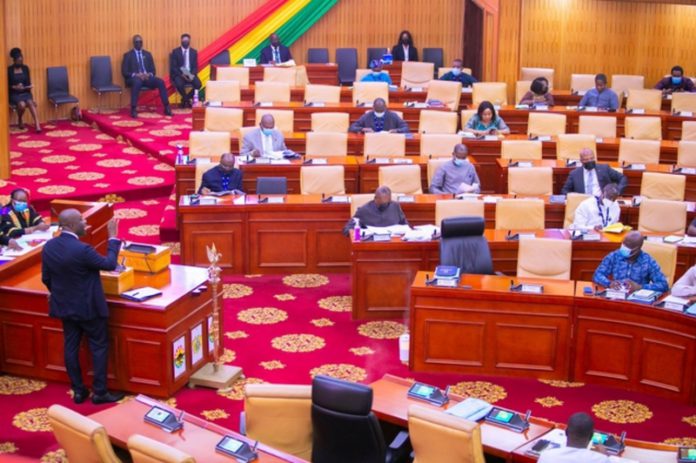The Member of Parliament for Ho West, Emmanuel Kwasi Bedzrah, has called for a forensic audit into the operations of the World Bank’s country office and the Greater Accra Resilience and Integrated Development Project (GARID).
In an interview with Citi FM on Monday, May 20, Mr Bedzrah expressed concerns over the significant amount of money spent on the project with little transparency.
Parliament recently approved an additional $150 million loan facility from the World Bank for the GARID project on Friday, May 17, 2024 aimed at tackling flooding in the national capital.
Mr Bedzrah criticised the project’s current implementation, stating it should have been executed in phases rather than its present compounded manner.
He believes this approach explains why he and the Minority Leader, Dr Cassiel Ato Forson, have submitted separate petitions calling for forensic audits.
Mr Bedzrah emphasised that the audit is necessary to ensure that the Ghanaian people are not shortchanged.
He pointed out that a thorough examination of the project’s finances and operations would reveal any discrepancies or mismanagement.
This, he argued, is crucial for maintaining public trust and accountability in the use of funds for such significant development projects.
“I have requested and the Minority Leader has also requested that there should be forensic auditing of the World Bank’s Ghana office and the GARID project. We have suspicions that there is something that is not right and why do I say that? In my field, if you have a project and you design a project, the highest you can go is either 10 percent or 20 percent and a maximum of 30 percent for additional work, but in this case, you are going close to 60 percent for additional work, and that tells you that a lot of things were not considered at the initial stages, and so that project should be phased.”
“That project should be a second phase and not the continuation of the other one and so if it is the continuation of what you have started, it calls for integrity and issues that need to be verified, which is why we are calling for a forensic audit.”

